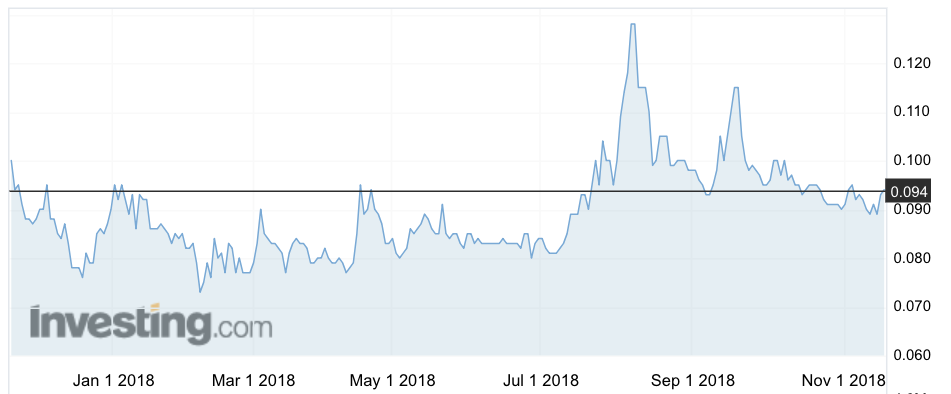Armour Energy cuddles up to new neighbours Santos and Shell

Pic: Bloomberg Creative / Bloomberg Creative Photos via Getty Images
Queensland gas explorer Armour Energy is super-excited about its new neighbours: Santos and Shell.
Armour (ASX:AJQ) was awarded a new exploration licence in the Surat Basin for conventional gas, and says its own gas pipeline crosses the new area.
But Santos (ASX:STO) and Shell beat them to a second acreage next door, as those companies scramble to boost East Coast gas supplies for their LNG terminals.
Armour is taking the move as validation of their Surat Basin conventional gas strategy, and area given up by Santos years ago as it focused on coal seam gas.
“Exploration in the new acreage will target natural gas in deep sandstone reservoirs of the Bowen Basin, beneath the Surat Basin,” Santos said in a statement.
“If the results are positive, the Santos Shell joint venture will potentially unlock a material new gas supply source for the Australian east coast domestic gas market.”
Armour shares rose 1 per cent on Friday morning to 9.4c.

The LNG saga
Santos, Shell and Origin Energy (ASX:ORG) all separately built LNG export terminals at Gladstone’s Curtis Island in northern Queensland to exploit the state’s coal seam gas reserves.
But with the coal seam story already beginning to falter — consultancy Energy Quest estimated earlier this year that that Queensland’s reserves were 1341 petajoules lower than expected — and shortages on the East Coast biting, LNG exports are scrambling for more gas.
Origin Energy’s Australia Pacific LNG project has contracted $3bn worth of gas from Shell over 10 years, but that’s dependent on a Shell-PetroChina deal going ahead to develop Arrow’s coal seam gas fields in the Surat Basin.
- Subscribe to our daily newsletter
- Bookmark this link for small cap news
- Join our small cap Facebook group
- Follow us on Facebook or Twitter
Santos is particular is in need of gas: it moved forward to build its LNG processing plant at Gladstone without having enough gas reserves to fill it. As a result it’s had to buy from other parties for export, a factor that has harmed domestic supplies on the East Coast.
The LNG exporters are now facing a situation where the government can step in to divert gas from their businesses, under the Australian Domestic Gas Security Mechanism, if there is not enough for the domestic market at a reasonable price, just when LNG demand in the Asia Pacific region is booming.
UNLOCK INSIGHTS
Discover the untold stories of emerging ASX stocks.
Daily news and expert analysis, it's free to subscribe.
By proceeding, you confirm you understand that we handle personal information in accordance with our Privacy Policy.








